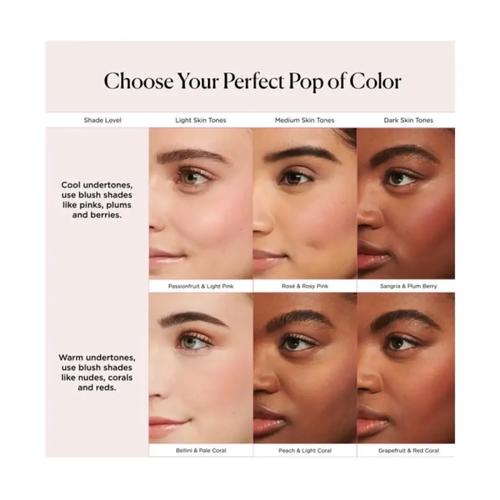What Skin Tone Am I?
Understanding your skin tone is an essential step in creating a personalized skincare routine and makeup application. Skin tone is determined by the amount and type of melanin in your skin, which is the pigment responsible for the color of your skin, hair, and eyes. In this detailed guide, we will explore various aspects of skin tone, including its classification, characteristics, and how to determine your own.
Classification of Skin Tone
Skincare experts typically categorize skin tones into six main types: fair, light, medium, olive, deep, and dark. Each category has its own unique characteristics and considerations when it comes to skincare and makeup.
| Category | Description | Example |
|---|---|---|
| Fair | Very light skin with little to no pigment. | Individuals with fair skin often have freckles and may burn easily in the sun. |
| Light | Light skin with a slight amount of pigment. | Light-skinned individuals may have a pink or light beige undertone. |
| Medium | Medium skin with a balanced amount of pigment. | Medium skin tones can range from light beige to olive. |
| Olive | Dark olive skin with a green or olive undertone. | Olive skin tones are often seen in Mediterranean and Middle Eastern populations. |
| Deep | Dark skin with a rich, warm pigment. | Deep skin tones can range from brown to black. |
| Dark | Very dark skin with a deep, rich pigment. | Dark-skinned individuals often have a warm, golden undertone. |
It’s important to note that skin tone is not strictly defined by race or ethnicity. People of all backgrounds can have any of the six skin tone categories, and there is a wide range of variation within each category.
Characteristics of Different Skin Tones

Each skin tone category has its own set of characteristics that can influence skincare and makeup choices.
Fair Skin
Fair-skinned individuals often have sensitive skin that can be prone to redness and irritation. They may also experience hyperpigmentation, which is the darkening of skin due to sun damage or acne. To care for fair skin, it’s important to use gentle, soothing products and to protect your skin from the sun with sunscreen and protective clothing.
Light Skin
Light-skinned individuals may have a tendency to develop rosacea, a skin condition characterized by redness and visible blood vessels. They should opt for skincare products that are formulated to calm and soothe the skin, as well as those that provide sun protection.
Medium Skin
Medium skin tones are generally well-balanced and require a variety of skincare products to maintain their health. It’s important to use a combination of moisturizers, serums, and sun protection to keep the skin looking radiant and healthy.
Olive Skin
Olive-skinned individuals often have a natural glow and may be prone to dryness. They should focus on using hydrating skincare products and exfoliating regularly to keep their skin looking smooth and even.
Deep Skin
Deep-skinned individuals may have a tendency to develop dryness and flakiness. It’s important to use moisturizing products and to exfoliate gently to maintain a smooth, even complexion.
Dark Skin
Dark-skinned individuals often have a natural radiance and may be prone to hyperpigmentation. They should use skincare products that are formulated to even out their skin tone and protect against further hyperpigmentation.







